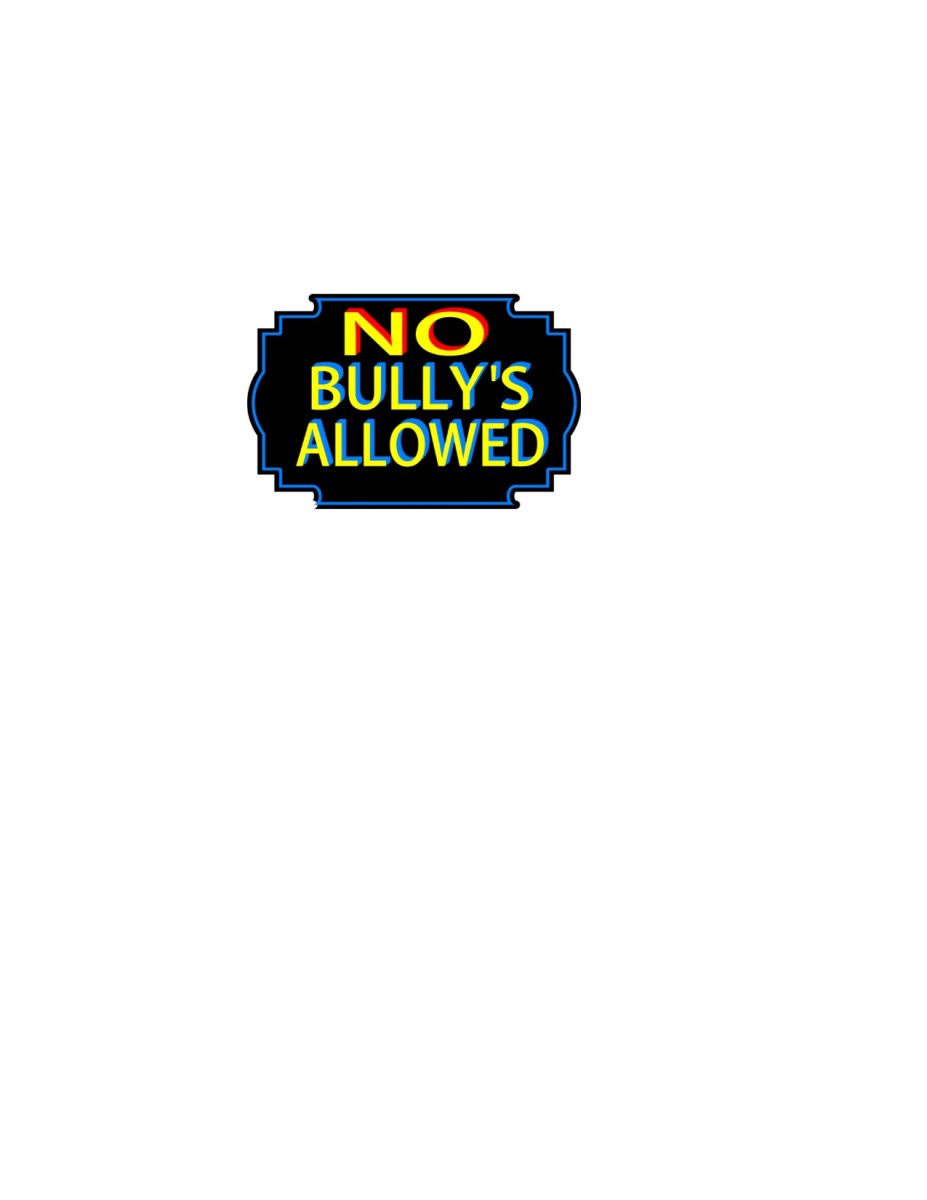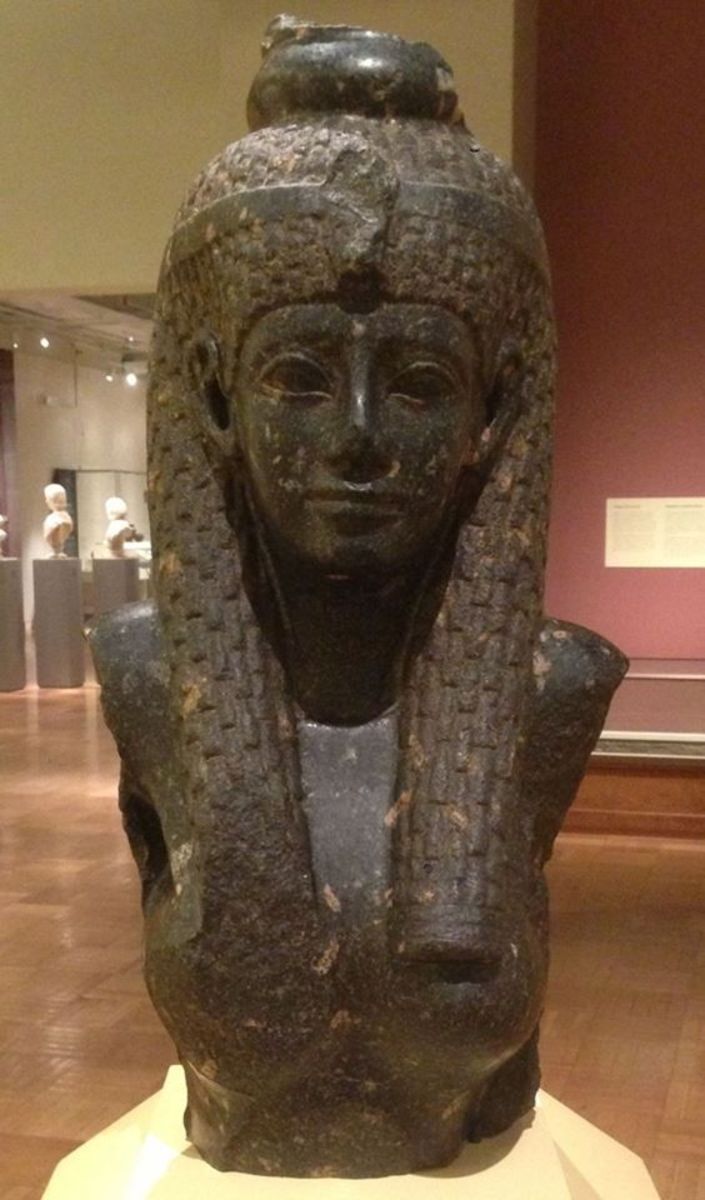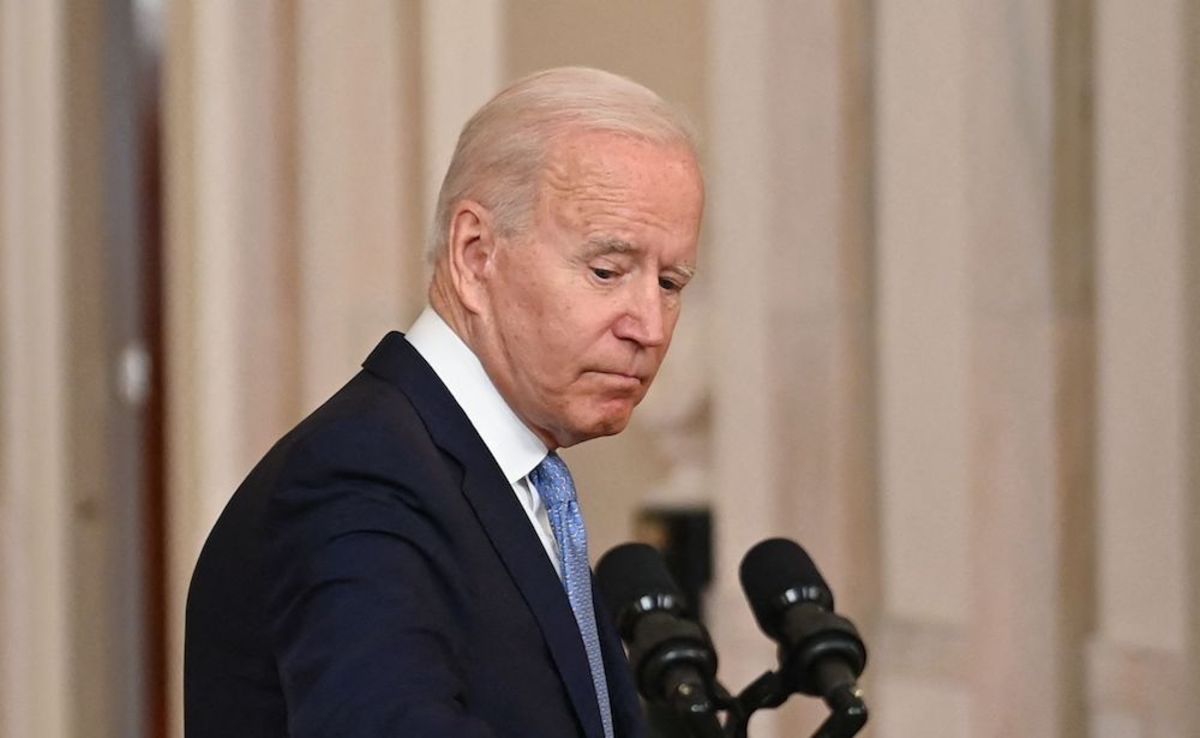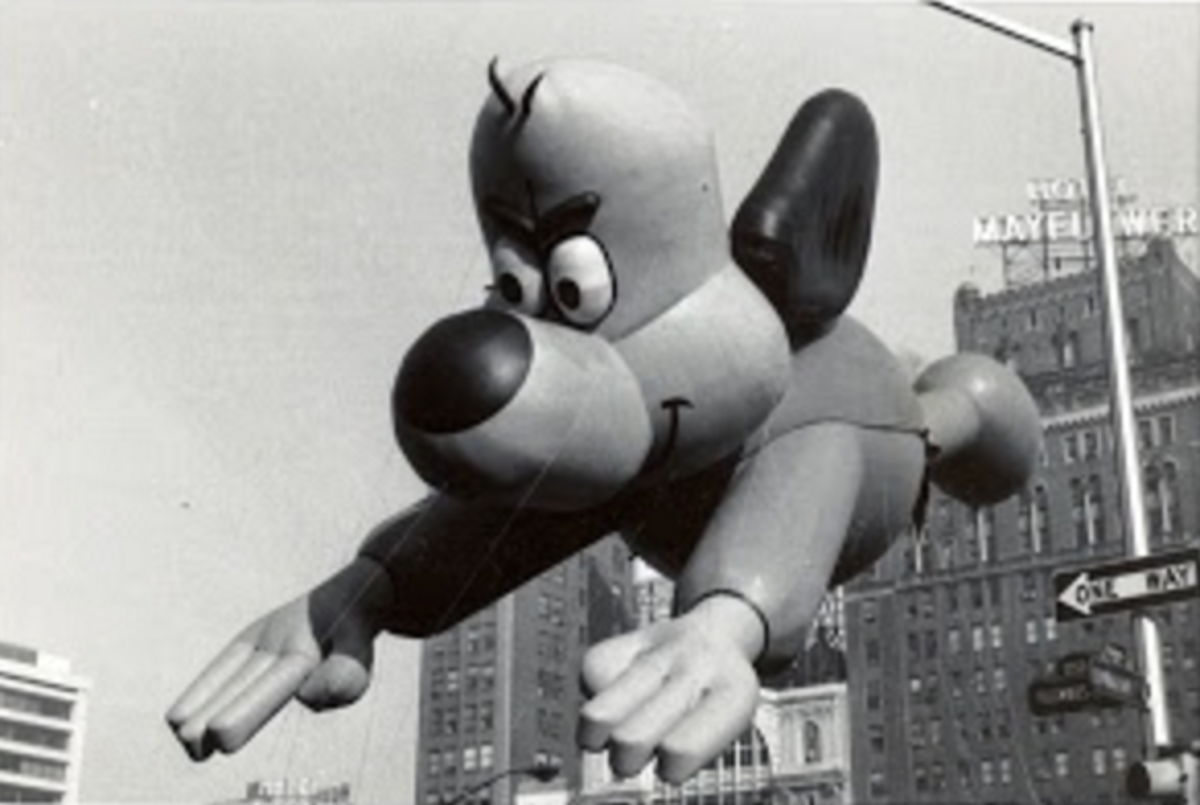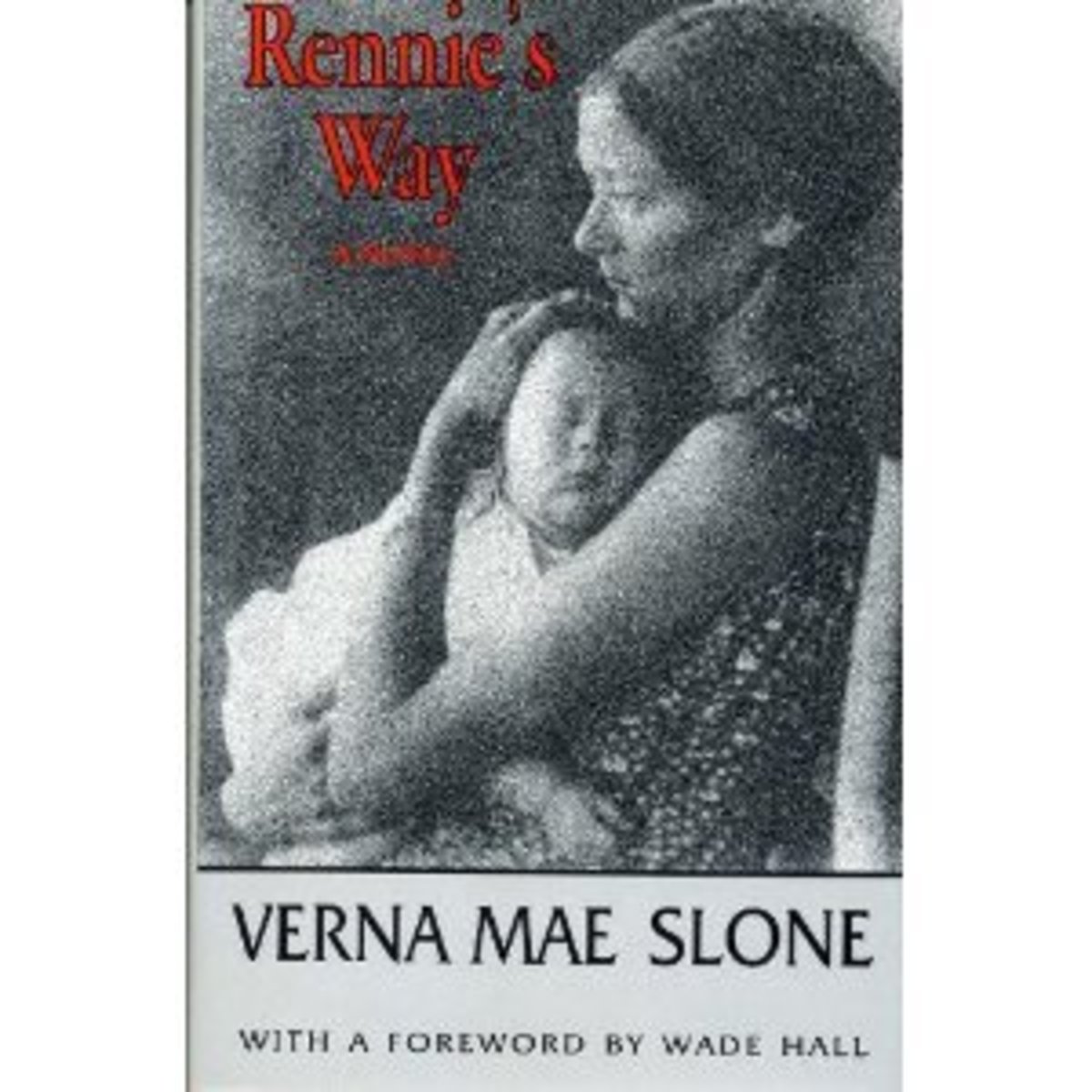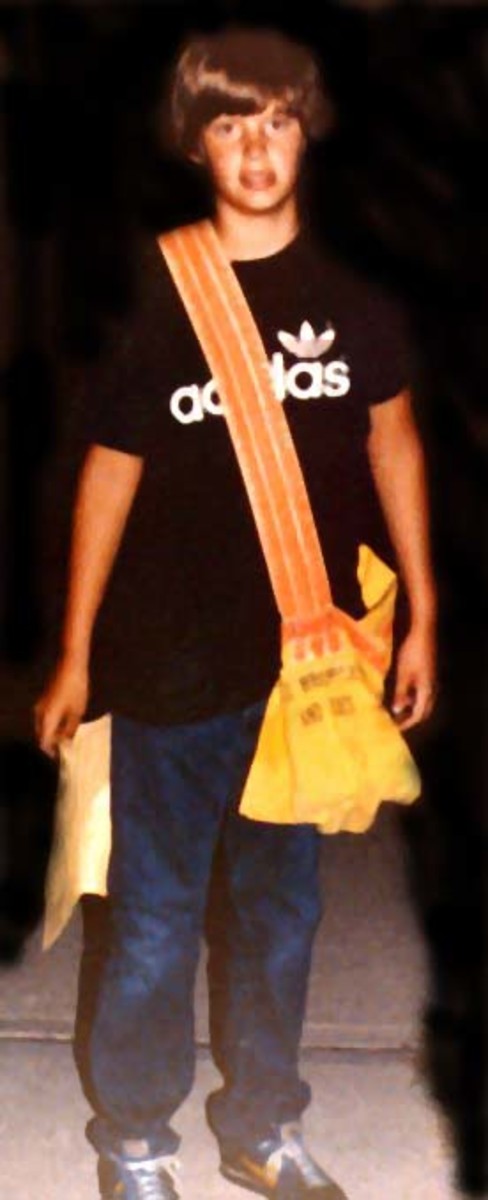JILTED SUPERSTAR: Part 05

"GENERATION FREELOVE & 70'S AMERICA" (Part 5 of 21)
.
INTRODUCTORY REVIEW:
With the 21st Century firmly underway we certainly can not predict with any certainty where society will evolve. However, even in admitting our ignorance, we can still identify the preceding influences which ushered society up to its now present day.
Contemporary 21st Century America was forged out of five distinct eras since the close of World War II:
- First era of ‘The Atomic Age': 1945 to 1963. (Discussed in the previous Hub)
- SECOND ERA OF 'GENERATION FREELOVE & 1970S AMERICA': 1963 TO 1980.
- Third era of ‘Reaganomics': 1980 to 1992.
- Forth era of ‘Dot-Com': 1992 to 2001.
- Fifth era of ‘Revenge Is Justice': 2001 to Present.
GENERATION FREELOVE & 1970'S AMERICA (SECOND ERA):
With the coming of atomic and then nuclearpower, with the insistence of analog and then the digital medium, Generation Freelove proclaimed boldly there was no longer splendor in dying. Like psychedelic Nostradamuses Generation Freelove envisioned the greatest Cold War evil not as trailing in the Soviet's race towards technological rapture, but rather in technology itself. If ‘Big Government' could put footprints upon the moon, why couldn't they put shoes upon barefoot, inner-city youth? Why rescue distant Asian cultures from the perils of communism when, instead, we could save the whales or the rainforests or the seals?
No, there wasn't a whole lot of splendor anymore in fighting or warring or dying. Technology did a good job of stealing that away.
Although huge and catastrophic, World War II was for the most part, immensely simple; the Axis were the bad guys and the Allies, good. But, by the time Generation Freelove was coming into being, technology was removing even rote simplicities from traditional warfare. Anything powerful enough to change black and white into a muddied, hazy gray was, itself genuinely frightening. And, those either climbing into such beds, or onto such bandwagons were equally big bad BoogieMen as well.
The euphoria of Generation Freelove? Zapped ...
The 1970's really was only a five year decade; if even that.
The true measurement of time is Social Progression, not numerical dates. The 1960's did not suddenly cease at the stroke of midnight, on December 31st, 1969. Rather, as with the Viet Nam War which concluded through more of a tapering effect, the 1960's ended well throughout the early 1970's. America's Social Progression of the day through mounting political and societal pressures eventually brought the war in Viet Nam to conclusion in 1975.
Yes, In 1975, with the close of Viet Nam, the turbulent 1960's finally ended.
In 1975, out of both remorse and disdain, the beleaguered United States sobbed and licked its humiliated battle wounds like an old porch dog senselessly beaten to near-madness by an impatient master.
In 1975, the true victims of Viet Nam were not necessarily those who fell in the war's fervor, but rather those who, almost in spite of such maniacal conflict somehow managed to survive.
In 1975, the hometowns which initially bade their hometown soldiers well on undertaking the madness of such a long and arduous war campaign, eventually grew complacent, forgetful and tired of foreign conflicts in foreign lands where hometown football heroes now lived in swamps, dying amid jungle carnage.
And, in 1975, if after having survived at all, with their foreign combat tours now complete, America's hometown football heroes, raped of youth and stripped of innocence, returned home to some rather uncertain, rather different societal rules.
As our veterans stepped silently, non-ceremoniously back onto American soil they reentered a new and changed society more content to shun and to forget rather than to ask "What happened over there?" or "Do you need to talk about what you saw and those who died?"
The ridiculous, drug-induced compassion of Generation Freelove?
Forever gone ... In 1975.
Yet looking ahead, how did America ultimately become so fragmented and directionless, particularly as it entered the 21st Century? Well, even the band played on while Titanic sank.
Following Viet Nam, the 1970's undertook its very own introspective revolution and, once again, the times they were a changin'. Of their once errant ways, 1970's America preferred denial to acknowledging the consequences of too many 60's drugs, too much 60's sex and far too much 60's upheaval.
Rather than remain aligned to the implied and subliminal teachings of the Subculture, 1970's America gained a consciousness and thus became more direct. What emerged was a new and guilt-free America most would later deny, yet which nearly all helped to forge.
The "Make Love Not War" and "Give Peace A Chance" banners once so vehemently defying ‘The Establishment' had become embarrassing reminders of a dissolved, unattainable daydream. The notion of a glamorous life, rather than the notion of a life being squandered grew increasingly desirable.
With retrospective irony the 1960's had manipulated America's onetime Subculture to fear an ‘establishment' in which, by the late-1970's, they suddenly wanted very much to partake.
Gradually, and in ever-widening circles, ripples from the 1970's rosy-tinted revolution began to be felt. The now archaic, if not fossilizing Beat Generation of the 1950's - which once startled San Francisco tourists on the West Coast, and likewise meandered about Greenwich Village java temples on the East Coast - shifted its social perception.
Former beatnik gurus like Kerouac and Ginsberg were abruptly dismissed as passé and trite. Even their most prophetic and prodigal grandsons, The Beatles, once touting a popular influence larger than Jesus Christ, now had to resort to copyright infringement lawsuits, Studio 54 and later, curbside assassinations, just to be recognized, or to have their contributions even remembered by 1970's America.
Generation Freelove preached unity in numbers without any accountability, whereas 1970's America was busily celebrating the ridiculous nuisance of personal indulgence and self-servitude.
Mega-celebrities of the day such as the coquettish Warhol, the glamorous Bowie, or the decadent Jagger literally punched Generation Freelove square in the mouth, even though their own mega-stardom roots were firmly planted in those same free-loving days.
Talk about slicing off the nose to spite one's face, or biting the hands that feed you!
1970's America both subscribed to and completely fed into it's own lavish, self-perpetuating existence. Personal indulgence and self-servitude had become credo to the post-war, five-year-long decade that was 1970's America.
With so much transpiring, few noticed that society had become a vacuum: LSD, post-Woodstock, RFK, post-Beatles, MLK, lunar landings, Viet Nam, Manson, Kent State. Far too much had transpired in far too short a time: More, more, more, faster, faster, faster!
Indeed, yesterday all of yesterday's troubles seemed so far away; and soon, it seemed as though they were there to stay. Indeed, yesterday was becoming increasingly pointless. Suddenly, 1970's America not only desired instant gratification, but ultimately came to expect it.
Oh, I remember yesterday.
Yeah, it took those aging hippies about thirty seconds to figure out that, whereas being broke as hell was rather quaint in the 1960's, it was large amounts of cash that got people laid and high in the 1970's. Suddenly, Subculture hippies not only admired, but also truly desired, a big fat 1970's America bankroll. To justify their newfound hedonistic greed, aging Subculture hippies rapidly embraced yet another philosophy:
Being self-indulgent was great, but hedonism could be so much more enjoyed with some serious bucks in their respective wallets or purses.
This outlook would cultivate the precursory societal consciousness required of the impending 1980's. The looming high-tech explosion of personal computers and silicone chips snooped nervously only a few years into the future. Such would exchange the indulgence of 1970's America for the greed of the financially askew 1980's ‘Me Generation' and ultimately come to define itself through Reaganomix.
Apparently, America's increasing hunger for instant gratification, begun in and fed by the 1970's, was truly the beginning of the end for the once well regarded United States of America.
/ / / END OF PART FIVE / / /
****************************************************
© 2007 - R. MARTIN BASSO
NEXT INSTALLMENT COMING SOON: Part 6: Reaganomics


